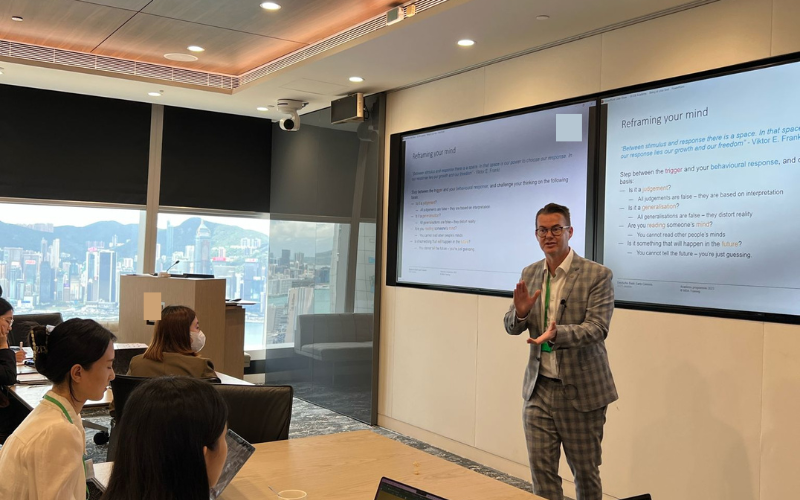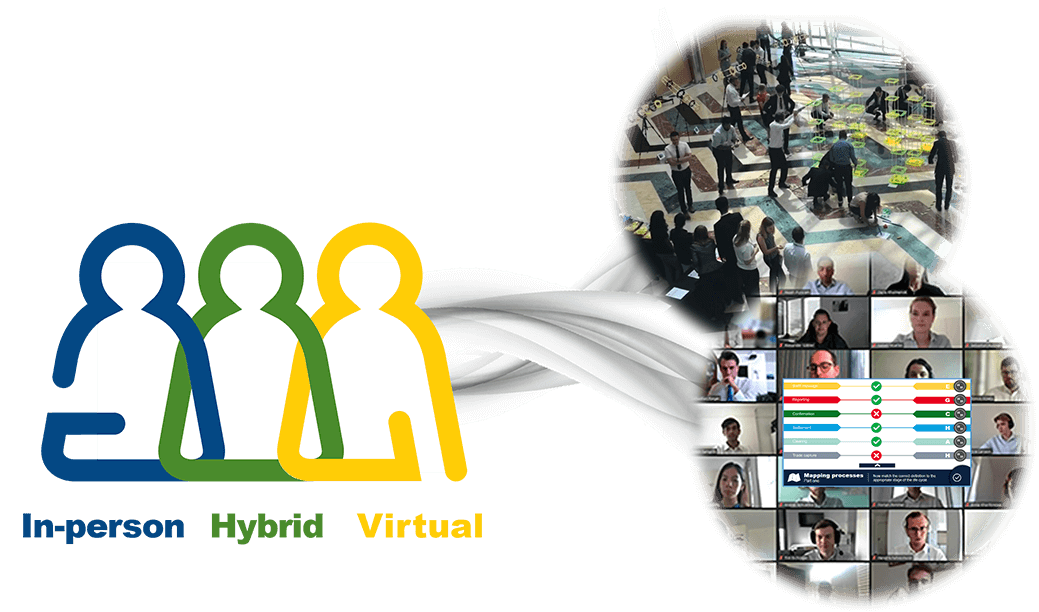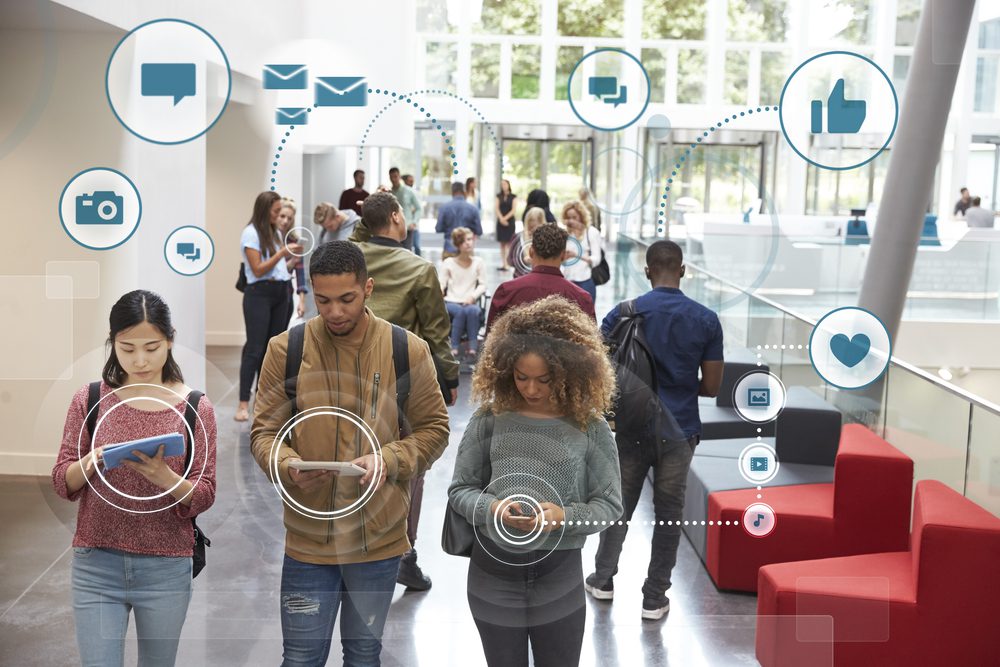Category: Millennials training
-

The Power of Listening in Transformational Training
I was just chatting with my Managing Director David Shuttleworth about some training I delivered on management skills which was described as a transformational program by some of the managers. David wanted to know what factors made it transformational. I put down the success of this programme into two key factors. 1. Design by listening. …
-

How MDA Training’s onboarding and induction programmes can benefit your bank
At MDA Training, we specialise in experiential tailored training solutions designed to help organisations improve their financial and operational performance. We spend time to gain a thorough understanding of your company and your organisational needs to ensure we create training programmes that will benefit your employees, and help you achieve your specific goals with immediate…
-

How are the younger generations creating meaningful change in the workplace?
As businesses evolve with time, change has never been so rapid and necessary as now, with the entrance of Generation Z into the workforce, joining their predecessor’s Millennials. Millennials are already recognised as making a big splash and inciting change for the betterment of themselves, their peers and the overall workplace. From more widespread flexible…
-

Can microlearning become habitual?
In Axonify’s recent Microlearning Global Benchmark Report, it was revealed that about 75% of employees undertake microlearning training between two to three times per week, with the report positing this as habitual. One of the key reasons why this may have come to fruition is due to the high number of people who now work…
-

How can commercial skills training work to support graduates?
A recent survey revealed a clear divide between the skills that graduates consider to be essential to entrepreneurship and those which employers regard as valuable. Increasingly, business leaders are finding that their fresh-faced graduates are entering their respective industries without the essential commercial skills required to excel in their career and become an effective leader. As…
-

Making your Millennials training more effective
Millennials learn and work in a completely different way from their predecessors. Therefore, businesses need to be clued up on what learning trends and strategies will be more effective when considering how to train their staff. Without effective training that is geared and designed towards offering Millennials an optimum learning experience, businesses will quickly see…
-

Utilising Millennials training to establish an improved working environment and increase retention
By 2020, 35% of the workforce will consist of Millennials, with a further 24% attributed to Gen Z workers. This means that employers will need to ditch old-fashioned and negative epithets and begin embracing the talents and knowledge that these generations bring. Millennials are often lumped with the stereotype of being ‘entitled’, however, this is…
-

Managing the multi-generational workplace
It is anticipated that by the year 2020, there could be up to five different generations in the workforce. With each different generation comes a completely new outlook on work ethics, morals, and methods of communicating. Their differing ways of working stem from fundamentally different life experiences and understanding of the world. Values evolve as…
-

How is technology shaping the future of employee engagement and training?
Technology has changed the way we operate our businesses and, as a result, the way we manage our employees has evolved. Organisations can now maximise their employee engagement through implementing digitation across their practices and ensure that employees are spending their time productively through automated systems. Technology does not need to be complicated, however, it can…
-

How Millennials are driving for improved productivity in the workplace through automation
Unlike previous generations, Millennials remain relatively unphased by the prospect of automation. They understand that the systems will not take over their jobs but act more as a support which could ultimately provide them with opportunities to advance their career and improve their organisation. With Millennials representing up to 75% of the workforce by 2025, organisations…